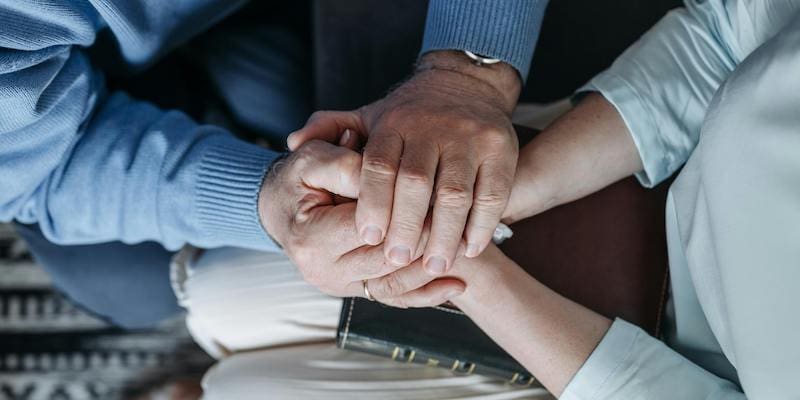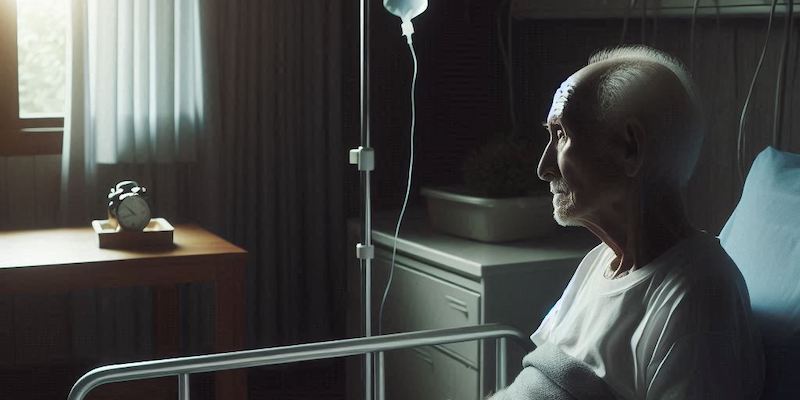Freedom2Care®
End of Life

Since the time of Hippocrates, a fundamental tenet of medical ethics, a cornerstone of professionalism, and an expectation of the public, has been that those who profess to accept the responsibilities of providing healthcare do not deliberately kill their patients. This commitment, coupled with the other virtues of the healing arts, has allowed society to trust and empower healthcare professionals with unique and tremendous yet restricted freedoms, expecting that those professionals would use those freedoms to pursue the best interests of their patients and the public health.
Despite the proven importance of the well-established principle that healthcare professionals must not, and will not, kill, and the clear historical record of the tragedies that have occurred when this boundary has been breached, there is a growing movement within and outside of medicine for the legalization of assisted suicide (the use of medical knowledge, judgment and licensure to provide the patient with the means for committing suicide, usually a prescription for a lethal overdose of medications) and euthanasia (the direct administration of lethal quantities of medications into the patient by the healthcare provider for the sole purpose of causing death). The stark nature of these killing acts has been obscured by euphemistic yet ethically equivalent terms such as “mercy killing,” “medical-aid-in dying,” ‘’assistance in dying” based on a putative "right to die."
As of July 2023, assisted suicide is legal in California, Colorado, Hawaii, Maine, Montana, New Jersey, New Mexico, Oregon, Vermont, Washington, and the District of Columbia. Of these states, California, Hawaii, Oregon, Vermont, and Washington have implemented expansions in their assisted suicide law. Some of those expansions include: allowing non-physicians (advanced-practice registered nurses, nurse practitioners, physician assistants) to prescribe lethal prescriptions, as well as allowing lethal medication be delivered by personal delivery, messenger service, U.S. mail, or parcel service, rather than direct provision in person. If the medication is not delivered in person to the patient, in some states, it can be signed for by the patient or “another person as requested by the qualified patient, shortening, or eliminating waiting periods from the first oral request made by the patient. Some states no longer require a terminal diagnosis of six months or less to be one of the criteria for assisted suicide. Instead, assisted suicide could be requested for any number of reasons including a “bad mental health day.” Some states are requiring fewer mental health assessments be provided to a patient seeking to hasten death, and most recently, two states have removed residency requirements allowing non-residents seeking lethal prescriptions access to assisted suicide (Oregon and Vermont).
It is typical that once assisted suicide is legalized in a state, any “safeguards” that were in place are removed and greater access is expanded. For vulnerable populations such as those with disabilities, the elderly, and those struggling with mental illness, assisted suicide represents a corruption and erosion of trust in healthcare professionals and the patient-physician relationship. Unfortunately, accurate data and reporting is lacking depicting how many patients have died by assisted suicide since death certificates are falsified by listing the patient’s underlying illness as the cause of death rather than death by a concoction of lethal medications.
Common Arguments Presented by Assisted Suicide Proponents
There is a great deal of misinformation and false narratives presented in support of assisted suicide. But rest assured in this: assisted suicide asks physicians to violate the Hippocratic Oath and puts them in the position of judge, jury, and executioner of their own patients. This is contrary to a physician’s professional calling to help patients value their lives at every stage—not approve the worthless feelings of vulnerable patients desiring to hasten their deaths.
Many believe that patients pursue assisted suicide primarily to escape physical pain. However, a summary of the Oregon Death with Dignity Act Reports from 1998-2019 show the five most common “end-of-life concerns” among patients deal not with pain but “existential distress” over the disabling aspects of serious illness such as depending on others for care, grief over lost abilities, loss of social status (“dignity”), incontinence and feeling like a burden.
Other common arguments presented by assisted suicide proponents include:
- “This is about individuals having a choice.”
- “It’s not a political issue, it’s a human right. The most important human right.”
- Not wanting to suffer or see a family member suffer: “I know what my death may look like. I want an option to limit pain and suffering for me and others.”
- “Medical aid-in-dying (assisted suicide) will improve end-of-life care even for those who don’t use it. It is a social justice issue.”
When patients want to hasten death, healthcare professionals must do more to understand why and how to address the patient’s areas of concerns. This can be done through mental health assessments, palliative care, and hospice care. We also need more healthcare professionals trained in palliative and hospice care.
To advocate for life and to help keep the devastation of assisted suicide out of your state, please review the following resources for further equipping. Some of these resources can be used to further equip you to speak on the issue in the public square and when meeting with or testifying before legislators.









